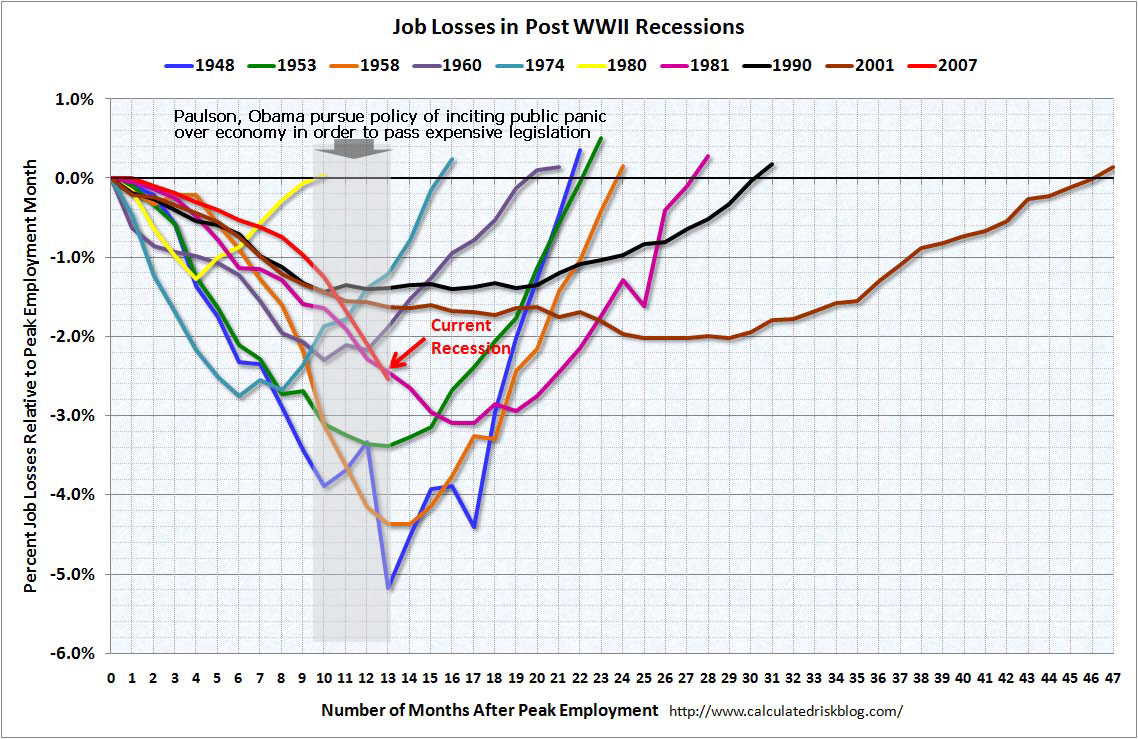Car Stuff
Today was an interesting day for automaker news.
First, President Obama took an unprecedented step of basically firing a private sector CEO, by requesting that GM CEO Rick Wagoner step down: “On Friday I was in Washington for a meeting with administration officials. In the course of that meeting, they requested that I ‘step aside’ as CEO of GM, and so I have.”
GM’s shareholders should have probably fired Wagoner at least 5 years ago. They didnt. Who ran the company should have been of no importance to the government. However, rather than allow GM to go bankrupt, the US government (in its infinite wisdom) gave GM and Chrysler $17,400,000,000 [$17.4 billion] in loans and took an ownership stake in the two companies, effectively nationalizing 2 of the 3 American automakers.
My “favorite” part of this was that the government gave GM their $13,400,000,000 [$13.4 billion] knowing that GM planned on cutting 47,000 American jobs. That means that we paid GM $285,000 for each job that they cut. Just wonderful.
But, back to the issue at hand. My opinion is that President Obama took a dangerous and shameful step by demanding the resignation of a private sector CEO. One of my main problems with the bailouts besides the economic aspect is that they are impossible to handle objectively. For example, Bank of America has received $45,000,000,000 [$45 billion] from the government–over 3 times the amount received by GM, yet Bank of America’s CEO Ken Lewis has kept his job. The same is true at Citigroup and many other government owned banks including JPMorgan Chase and Wells Fargo.
And of course there is Chrysler. Chrysler was bailed out the same day as GM, and yet their CEO, Bob Nardelli has retained his job and has not been “asked to resign” by President Obama.
The law and our government needs to be objective and treat everyone the same way. If the government feels that it is necessary to bailout and take over the operations of private companies, then it needs to treat all companies which receive government aid in the same manner. It is the only fair way.
But the news doesnt end there. President Obama also made some interesting statements today. While he did grant Chrysler an additional month’s worth of aid and gave GM an additional two months worth of aid (by the way another example of the government active subjectively, rather than objectively), he signaled that the two companies might be forced to file for bankruptcy. A government review board went over the restructuring plans submitted by the two companies and decided that they were not viable plans, thus allowing President Obama to take a much needed hard line on the companies.
I tenatively applaud this step. We just have to see how this works out.
I hope that President Obama is serious when he says that GM and Chrysler will be allowed to fail if they do not take the necessary steps. Those steps include negotiating further concessions from the labor unions and bondholders. My guess is that the companies will be able to gain the necessary concessions and then will receive more aid from the government, allowing President Obama to gain credit for taking the hardline approach, but clearing the way for the government to send more taxpayer [or freshly printed] money to these companies.
Americanly Yours,
Phred Barnet
Please help me promote my site:





